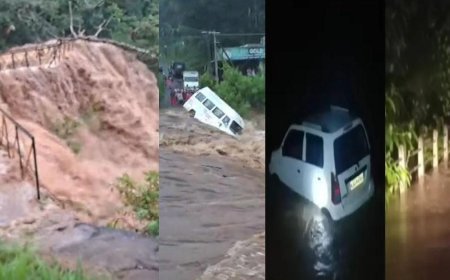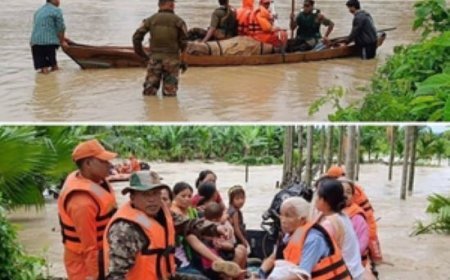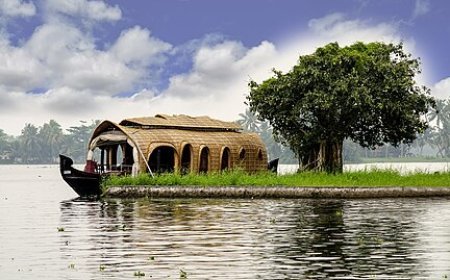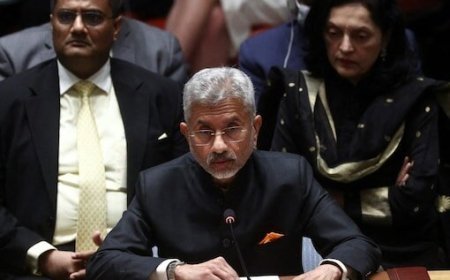Climate change: Understanding the health risks and mitigating the effects
Every day we hear about more people dying from rare diseases which are spreading .
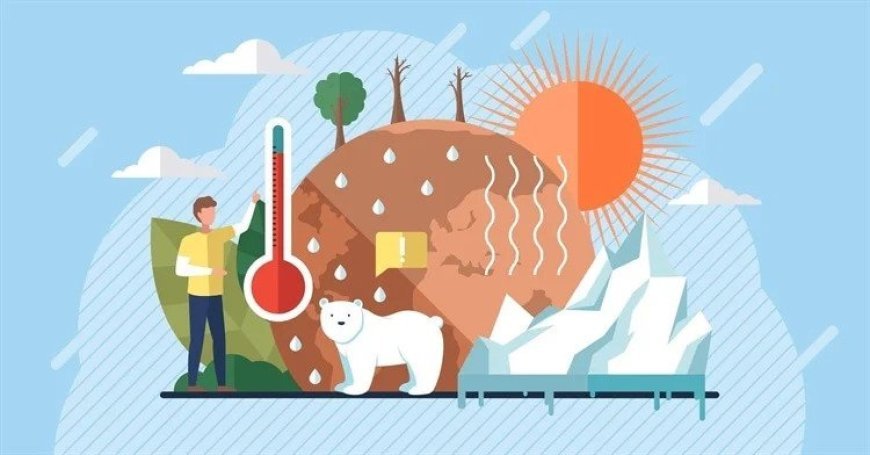
Climate change is an urgent global challenge that is affecting every aspect of our lives, including significant implications for human health. The impacts of climate change are being felt around the world, from more frequent and severe heatwaves and extreme weather events to the spread of disease vectors and the degradation of air and water quality. These changes have a public health impact and are disproportionately impacting vulnerable populations such as the elderly, children, and people with pre-existing medical conditions.
Many of the companies advised over the years are now focusing attention on organizational change with an aim to positively contribute to societal change, with environmental impact featuring prominently in this. But what impact on health will these same climate changes exert? Years ago, in the Pacific our medical team would see outbreaks of a disease called chikungunya, which causes fevers and joint pains. It was unsurprising to see it on a hot and humid tropical island. It had been well described in these settings ever since its first beginnings in Tanzania (chikungunya means ‘that which bends up’ in the local Makonde language).
What International SOS health experts did not expect to see when they came back to Europe in 2017 was an outbreak of the same disease in France - the increasing temperatures enhancing the mosquito’s ability to breed.Every day we hear about more people dying from rare diseases which are spreading beyond their expected geographies. Malaria, which kills several hundreds of thousands every year, is now predicted to expand its reach; mosquitos that spread the disease may be able to survive at higher latitudes and altitudes than ever before. In recent years, Dengue fever has extended its reach. But it’s not only patterns of vector-borne disease that are changing. Natural disasters are increasing as weather patterns evolve.
This can place a significant burden on healthcare systems, particularly in low- and middle-income countries that are most affected by these diseases.Climate change has a range of impacts on healthcare, from more frequent and severe heatwaves and extreme weather events to the spread of disease-carrying insects and the degradation of air and water quality. These have a public health impact. Heatwaves bring not just drought, heat stress and dehydration.
They can also exacerbate existing conditions such as cardiovascular disease, respiratory illness, and diabetes. In extreme cases, heatwaves can be fatal, particularly for vulnerable populations such as the elderly, children, and people with pre-existing medical conditions. Another way in which climate change is impacting healthcare is through extreme weather events such as hurricanes, floods, and wildfires. These events can cause injuries and deaths, disrupt healthcare services, and lead to the spread of diseases. For example, floods can contaminate water sources and cause outbreaks of waterborne diseases such as cholera and dysentery. Wildfires can release hazardous pollutants into the air, exacerbating respiratory conditions such as asthma and bronchitis. Air pollution can lead to respiratory illnesses such as asthma, bronchitis, and lung cancer. Water pollution can cause a range of health problems, including gastrointestinal illnesses, skin rashes, and neurological problems.
Climate change is exacerbating these problems by increasing the frequency and severity of extreme weather events, which can damage infrastructure and lead to the release of pollutants into the environment.Mitigating the Impacts of Climate Change on Healthcare:To mitigate the impacts of climate change on healthcare, it is important to take action to reduce greenhouse gas emissions and adapt to the changes that are already occurring.
This includes investing in renewable energy, improving energy efficiency, and reducing reliance on fossil fuels. It also involves improving public health infrastructure and building resilience to extreme weather events and other climate-related impacts.So, what can organisations do about all of this?Organisations should therefore undertake risk assessments of existing and potential health threats, incorporating forecasts for potential geographic extension of hazards due to climate change and other forces. Realising there is an issue is the first step. Accepting that business does have a role to play in the second.
Travelling employees demand access to timely health information and support. But many examples also exist of businesses collaborating actively with the government, health partners or the third sector to provide resources and expertise in the realm of global health security.Companies might help local communities by delivering dengue fever education or having systems in place to support outbreak management on their projects.
They may support local malaria programming or enhance the capacity of their host countries to deal with community health. In the era of systems leadership, only by working together will we deal with climate’s effect on health head-on
What's Your Reaction?



























